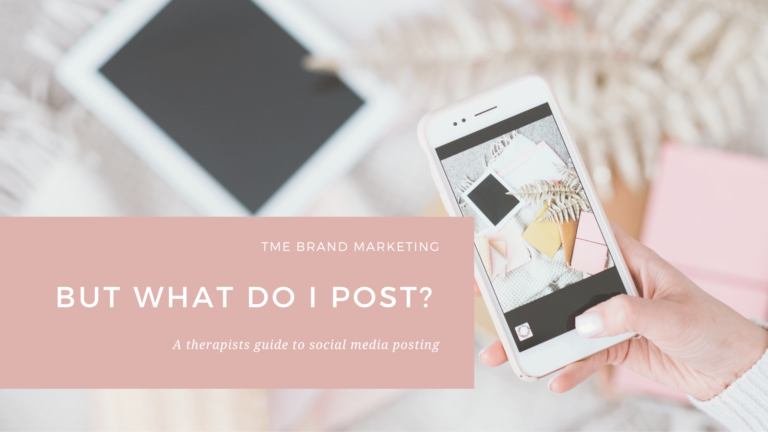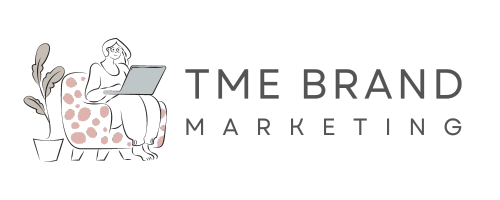
Social media is a valuable tool for mental health professionals, therapists, and counselors. It helps you reach a broader audience, aids in building professional relationships, and allows you to share relevant content beyond your license limits.
We talk to clients all the time who are struggling with what to post. They come to us with the same concern of, "I know I need to be on social media, but I have no idea what to post or how to get started."
It can be hard to get out of your own way when it comes to posting online. Dealing with sensitive topics adds complexity and necessitates careful consideration of ethical implications. We get that. But we also know, you have to start somewhere and you have to try. Right?
The positive aspect is that posted content doesn’t need to be elaborate, flashy, or costly. Consistent daily posting is not a prerequisite for achieving a positive impact. Depending on budget, target audience, and time available for social media management, there exists a content sweet spot. The paramount factors are the quality and relevance of the content. While your website conveys essential information, social media content plays a crucial role in establishing a deeper connection with your audience, building trust, and showcasing your professional identity.
Instead of focusing on when and how often to post, lets focus on effective content formats suitable for therapists and counselors on social media. Ready? Set? Go!
- Stories, Interviews, and First-person Accounts:
Written narratives (blogs) or video interviews. If you don’t have any of your own, don’t be afraid to show clips from others out there you admire or follow. Just make sure you give them credit. - Conversation Starters:
Create questions or polls.
Initiating discussions on relevant issues in therapy and counseling fosters a supportive environment, breaking down stigmas and encouraging engagement. PRO TIP: Think about some of your most popular questions that come up in sessions. - Stats, Facts, and Figures:
Embrace simple graphics. (cough cough, use Canva)
Utilizing statistics helps grab attention, raise awareness, and deliver bite-sized educational content, appealing to both current and potential clients. - Links to Useful Resources:
Simple links with descriptive captions have a ton of value.
Sharing resources, even if not self-created, contributes to community support and professional growth. PRO TIP: think about organizations you like to refer in person clients to. - Wellness Techniques and Tips:
DON’T RUN AWAY! Short videos and blog posts AMAZING ways to get this information out there. Don’t be afraid to get in front of the camera and record yourself doing breathing exercises, sketching, coping skills, whatever you recommend to people to add a human side to it.
Providing actionable tips on self-care, mindfulness, and mental health broadens your impact beyond current clients. - Podcasts or Audio Content:
Share some links to audio content.
Podcasts, encompassing interviews, advice, and conversations, provide versatile, engaging content to reach a diverse audience. - Events and Seminars/Webinars:
Share these as links or descriptive posts.
Announcing and promoting relevant events strengthens engagement, especially on platforms like Twitter, Facebook, and Linkedin. - Community Posts and Advocacy:
Provide some lists of accounts to follow or written-word posts.
Promoting colleagues and causes enhances community spirit, fosters connections, and showcases support for industry peers.
This guide aims to assist therapists and counselors in developing compelling and ethical social media content, fostering connections and promoting positive engagement within their professional communities. Please remember to do only what YOU are comfortable with. If that means you need to outsource it…we are here to help!
